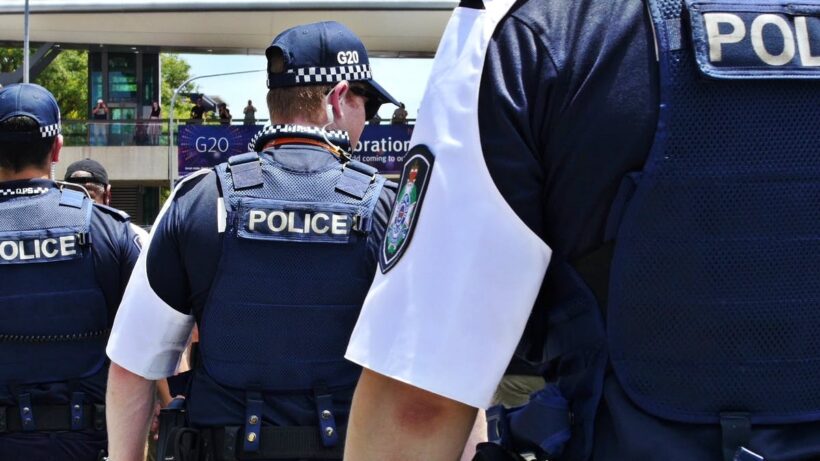While many police investigations run like clockwork, there are always a certain number of cases where small issues become massive headaches. If you want to avoid these situations, it all begins with mastering the small things.
4 Mistakes to Avoid in a Police Investigation
When you walk into an interview room to interrogate a suspect, the roles are clear. You’re the one on the offensive, while it’s the suspect who is tasked with playing defense. And though we often think of the suspect as the one who is most prone to making mistakes, the reality is that mistakes can be made on offense as well.
When it comes to active police investigations where the goal is to get a suspect to open up, there are a handful of mistakes you’ll want to avoid. Let’s explore a few of them:
1. Failing to Prepare for the Interview
It doesn’t matter if you’re a grizzly veteran or rookie investigator, you can’t afford to waltz into an interview without having done the proper amount of research. Preparation is absolutely paramount to the success of any interview. Here are some tips to help you prep for your next one:
- Talk to the right people. Make it a point to talk to as many people about the suspect as possible. Depending on who the individual is and what their affiliation to the case is, this might include the arresting officer, parole officers, witnesses, and the victim.
- Do some digging. It’s always a good idea to run a quick Google/social media search on the individual before the interview. This helps peel back the curtain and provide context on their personality, interests, relationships, and other key details.
- Determine a goal. Go into every interview with a primary goal. Sometimes the goal is a confession, while other times you simply want them to provide a nugget of information that you can use for your investigation.
There might be some additional steps you need to take to put yourself in a place where you feel adequately prepared. The key is to develop a system that works with your strengths and accounts for your weaknesses. At the end of the day, you have to do whatever it takes to show up to every interview fully prepared to take control of the situation.
2. Not Having the Right Interrogation Room Setup
A poorly designed interview room will negatively impact your ability to conduct a thorough interrogation. In particular, you need to ensure your department has the right police interview video recording system.
A good video recording system should include features like HD video, high-quality audio, the ability to tag specific points with markers, a searchable database, and standard video formatting (which makes interviews easy to share and watch on any number of devices).
It’s also important to have a system that’s easy to use. Push button recording ensures anyone can start and stop a recording without having to go through a bunch of complicated steps.
3. Failing to Ask Difficult Questions
If you’re a relatively new investigator – or if the issue you’re dealing with is particularly sensitive and emotional – it’s tempting to skirt around the issue. But as an investigator, it’s not your job to hold hands or provide moral support. You’re there to get to the bottom of what happened. Failing to ask difficult questions – or being too vague – is a major mistake. Be specific and straight to the point. Anything less will compromise your results.
4. Not Reading the Individual Their Rights
This might sound like obvious advice, but it’s amazing how many times interviews don’t start with an individual receiving their Miranda Rights.
More often than not, this plays out with a delayed reading of rights. In other words, the investigator asks a few questions, gets some good information, and then remembers to read the individual their rights. At this point, the questioning continues. However, anything said before this point isn’t admissible in court.
Putting it All Together
No two police investigations are ever the same. Every time you step into the interrogation room, you’re dealing with a unique suspect and new set of circumstances. And while you can’t always predict what will happen, adopting an adaptable yet formulaic approach will serve you well.
Make a habit out of embracing the learning moments and you’ll steadily improve your skills over time.
Laila Azzahra is a professional writer and blogger that loves to write about technology, business, entertainment, science, and health.
